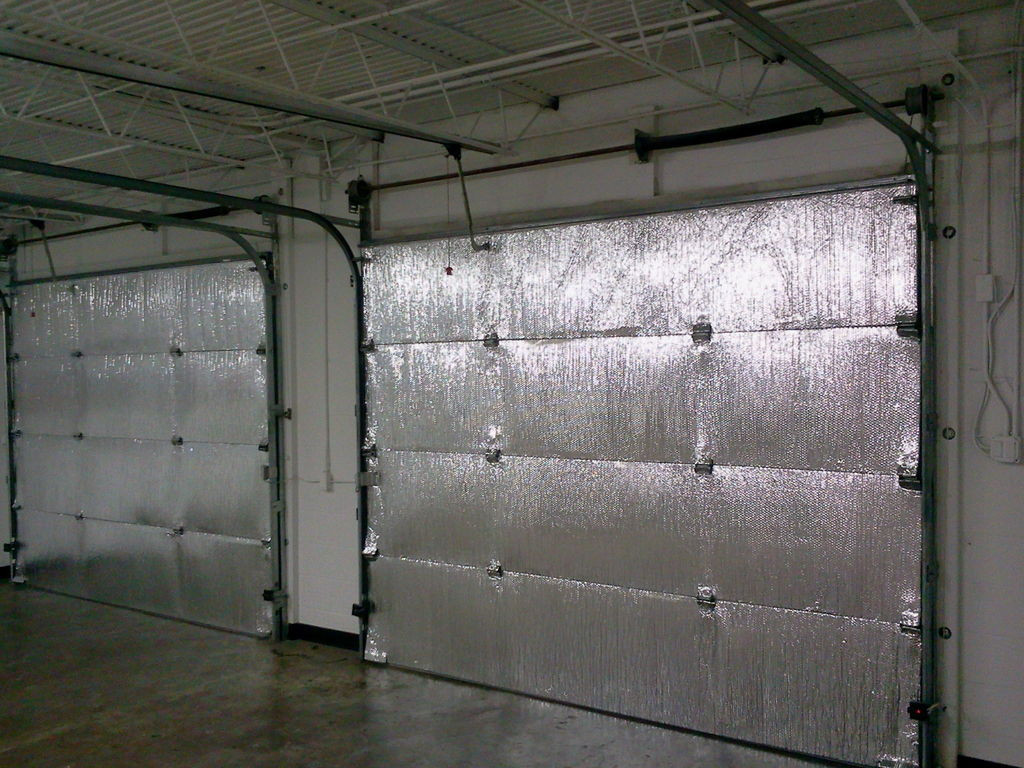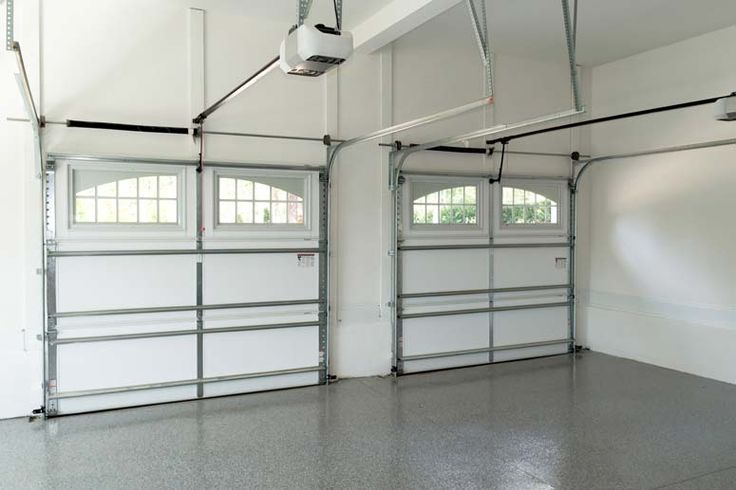When it comes to enhancing the functionality and longevity of your home, focusing on insulated garage doors and mold prevention is essential. These two aspects are not only crucial for maintaining a comfortable environment but also for protecting your valuable belongings. This article delves into the importance of insulated garage doors and how they play a pivotal role in mold prevention.

What Are Insulated Garage Doors?
Insulated garage doors are designed with layers of insulation material that help maintain the internal temperature of your garage. Unlike traditional garage doors, these are constructed to handle varying weather conditions, thereby making them a smart investment for homeowners looking to enhance their home’s energy efficiency.
Why Choose Insulated Garage Doors?
The benefits of choosing insulated garage doors are manifold. Primarily, they help in reducing energy costs by maintaining a stable temperature in your garage, thereby reducing the need for additional heating or cooling. Furthermore, they provide a quieter operation, which is a significant advantage for homes with attached garages.
Energy Efficiency
One of the primary advantages of insulated garage doors is their contribution to energy efficiency. By reducing the amount of heat lost through the garage, these doors help in maintaining a balanced indoor temperature, which can significantly cut down on heating and cooling expenses.
Soundproofing
Beyond energy efficiency, insulated garage doors also offer excellent soundproofing qualities. If your garage doubles as a workshop or entertainment space, the reduced noise levels can make a big difference, providing a peaceful environment for both work and relaxation.
Understanding Mold Prevention
Now, let’s shift our focus to mold prevention. Mold can become a serious issue in garages, particularly in humid or damp conditions. Not only does mold affect the appearance of your garage, but it can also pose health risks by affecting air quality.
How Insulated Garage Doors Help Prevent Mold
By maintaining a stable internal temperature and reducing moisture buildup, insulated garage doors can play a crucial role in mold prevention. The insulation acts as a barrier against external weather conditions, reducing the likelihood of condensation and mold growth.
Moisture Control
Moisture is the primary culprit behind mold growth. Insulated garage doors help control moisture levels by preventing cold air from coming into contact with warm, moist air inside the garage. This minimizes the likelihood of condensation, which is a breeding ground for mold.
Types of Insulated Garage Doors
There are various types of insulated garage doors, each offering unique benefits. Choosing the right type depends on your specific needs and the climate in which you live.
Polystyrene Insulation
Polystyrene insulated doors are cost-effective and provide adequate insulation for most climates. They are lighter and easier to install, making them a popular choice among homeowners.
Polyurethane Insulation
Polyurethane is a denser material that offers superior insulation compared to polystyrene. These doors are typically thicker and provide excellent energy efficiency, making them ideal for colder climates.
Maintaining Your Insulated Garage Door
Regular maintenance of your insulated garage door is crucial to ensure its longevity and effectiveness in mold prevention. Simple steps can go a long way in preserving the door’s functionality.
Regular Inspections
Conduct regular inspections to check for any signs of wear and tear. Look for cracks or gaps in the insulation that might allow moisture to seep in, leading to mold growth.
Cleaning and Lubrication
Keep your garage door clean and lubricated to ensure smooth operation. Dust and debris can accumulate over time, affecting the door’s performance and potentially leading to mold issues if not addressed.
Installation Considerations
When installing insulated garage doors, hiring a professional can ensure that the job is done correctly. Proper installation is crucial to maximizing the doors insulating properties and ensuring effective mold prevention.
Common Myths About Insulated Garage Doors
There are several myths surrounding insulated garage doors that need to be debunked. Understanding the truth can help you make an informed decision.
Myth 1: Insulated Doors Are Only for Cold Climates
Many believe that insulated garage doors are only beneficial in cold climates. However, they are equally effective in warm climates by keeping the heat out and maintaining a cooler indoor temperature.
Myth 2: Insulation Is Unnecessary for Detached Garages
Another common myth is that detached garages do not require insulation. Regardless of whether your garage is attached or detached, insulation can provide energy savings and comfort.
Choosing the Right Insulated Garage Door
Selecting the right insulated garage door involves considering factors such as climate, budget, and personal preferences. Consulting with a professional can help you determine the best option for your home.
Conclusion
In conclusion, investing in insulated garage doors is a wise decision for homeowners looking to enhance their home’s energy efficiency and prevent mold growth. By understanding the benefits and maintenance requirements, you can ensure that your garage remains a safe and comfortable space.

FAQs
Do insulated garage doors really make a difference?
Yes, insulated garage doors significantly contribute to energy efficiency and comfort by maintaining a stable temperature and reducing energy costs.
How do insulated garage doors prevent mold?
By controlling temperature and minimizing moisture buildup, insulated garage doors help in mold prevention, keeping your garage safe and clean.
Are insulated garage doors worth the investment?
Absolutely, the benefits of insulated garage doors extend beyond energy savings to include soundproofing and increased comfort, making them a worthwhile investment for any homeowner.
For more information, you can visit Insulated vs Uninsulated.
This article contains affiliate links. We may earn a commission at no extra cost to you.









